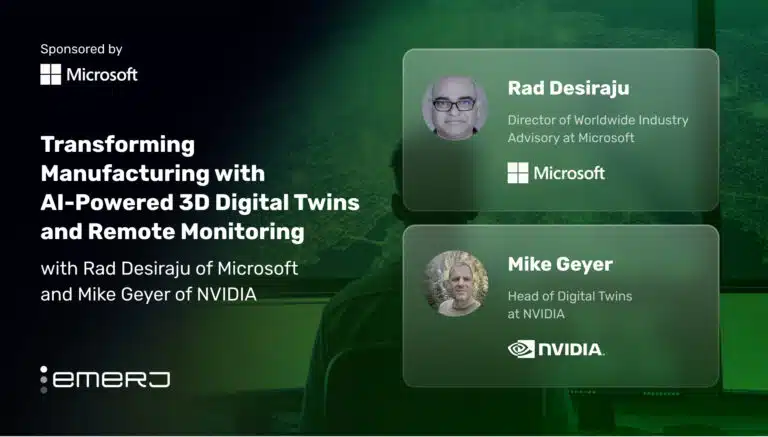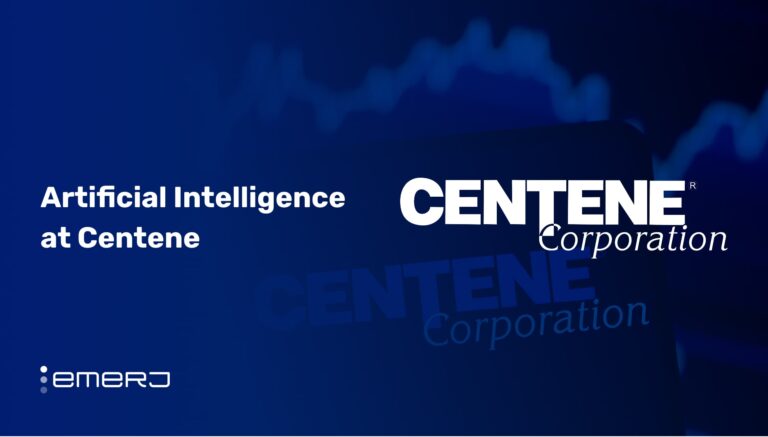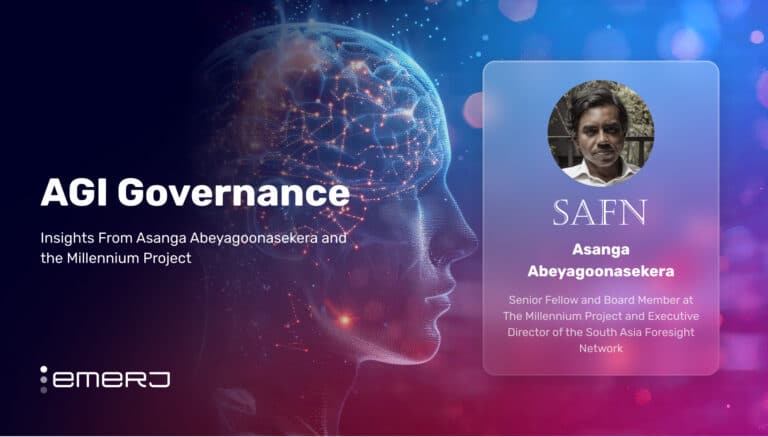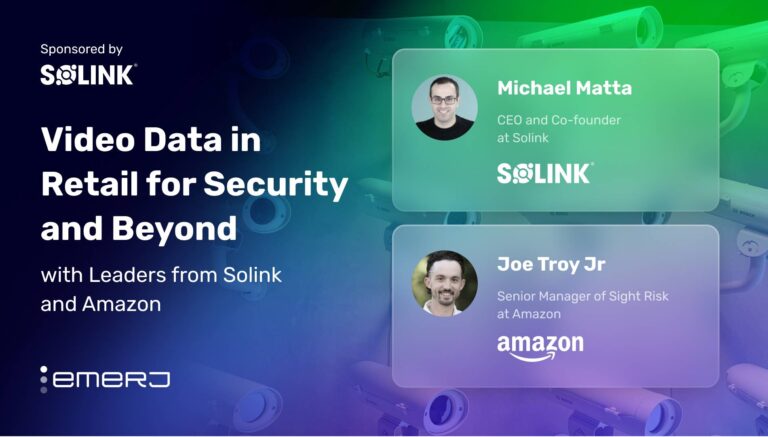The International Financial Reporting Standards (IFRS) and Financial Accounting Standards Board (FASB) have introduced new financial and accounting standards which require financial institutions to compile all their lease agreements and accounting reports electronically. These new standards may require significant changes to a financial institution’s lease and contract management processes.
In large companies which deal with several thousands of contracts everyday, human contract experts might not be a feasibly scalable option. It follows that AI would find its way into lease and contract abstraction applications for finance. We previously covered AI in law and legal applications, which in part deals with lease and contract abstraction.
We researched the space to better understand where AI comes into play in lease and contract abstraction for the finance industry and to answer the following questions:
- What types of AI applications are currently in use for lease and contract abstraction?
- What tangible results have AI solutions for lease and contract abstraction driven for financial institutions?
This report intends to provide business leaders in the finance space with an idea of what they can currently expect from AI in their industry. We hope that this article allows business leaders in finance to garner insights they can confidently relay to their executive teams so they can make informed decisions when thinking about AI adoption. At the very least, we hope this report reduces the time business leaders in finance spend researching AI companies they may want to work with.
Leverton
Leverton is a Berlin-based company with 112 employees. The company offers a software which it claims can help financial institutions and banks extract and access information from their contracts and leases using optical character recognition (OCR) and deep learning.
Leverton claims users can install their software on enterprise computers and upload a zip file with the relevant leases or contracts that need to be abstracted into the system. Leverton’s software comes built-in with standard formats for specific types of documents, such as credit agreement, mortgage documents, and loan agreements.
The software first uses OCR technology to digitize all the uploaded contract images. Then, Leverton claims their software analyzes the digital documents as per the input document type provided by the user. The AI software extracts the necessary information for each document using a data model that was already customized for each document type. Once the AI extracts the information, the document also requires two stages of human review during which any discrepancies in extraction are corrected through human input, allowing the software to “learn.”
The system then provides an abstracted version of each lease or contract on the same dashboard where users can access and manage several such documents. Users can also click on highlighted portions of the documents to access more detailed information from the complete document. The screenshot below from Leverton’s website displays the software’s dashboard:
Below is a short 3-minute video demonstrating how Leverton’s software works:
Leverton signed a partnership with Chicago-based investment management firm JLL to help automate their lease management process.
JLL received several thousands of leases every day across its offices in North America, Continental Europe, and Asia Pacific and needed a scalable solution to manage and abstract them. JLL had an existing relationship with Leverton and used their software to automate internal operational processes in lease management. As a part of their agreement, JLL rolled out the Leverton solution across all its offices globally. According to Leverton, JLL was able to identify, extract, and manage data from leases and contracts in more than 20 languages. The integration might also help JLL improve reduce operational risk.
Leverton also lists Deutsche Bank, Barclays, Union Investment and Invesco as some of their past clients.
We initially could not find any evidence of C-level executives on the team with AI experience, but Leverton reached out to us and provided us with the following information:
According to the company, Leverton’s founder and CTO Florian Kuhlmann, is responsible for AI at the company. Leverton’s AI is purportedly based on Kuhlmann’s work developing machine learning algorithms for the Federal Ministry of Economic Affairs and Energy in Germany, as well as the German Center for Artificial Intelligence.
The company has raised $17.34 million in funding.
Visual Lease
Visual Lease is a Woodbridge, NJ-based company with 62 employees. The company offers a software called IFRS Lease Accounting Module, which it claims can help financial institutions automate lease abstraction using OCR and machine learning.
Visual Lease claims users can upload IFRS documents to their software in the form of images. Visual Lease claims to provide lease abstraction services using human experts aided by AI and OCR software to help speed up abstraction for large companies. However, it is unclear how exactly Visual Lease uses AI to abstract financial leases or what went into the training of their software. The system then provides a summarized digital lease document where the text content is linked to the original sources.
We could not find a demonstration video showing how the software works.
Visual Lease claims to have helped an unnamed global investment management firm headquartered in New York City automate lease management. Visual Lease’s website states the bank needed a lease management software that could help them with document management for financial and accounting reports. Visual Lease claims it helped the bank generate a database for collecting lease management and accounting data involving more than 20 internal organizational entities at the bank.
Their software was used to abstract the bank’s leases and populate the database, allowing the bank to access and track its lease documents in one place. According to Visual Lease, the bank saved time and increased efficiency, but it did not state how much time nor any definition for “efficiency.”
Visual Lease also lists Wipro and GrantThornton as some of their past clients.
There does not seem to be any C-level executives on the team with an AI background, which does not signal trust when it comes to vetting the legitimacy of their AI.
KPMG
KPMG offers KPMG Contract Abstraction Tool, which the company claims can help financial institutions automate contract data extraction using the IBM Watson platform.
KPMG claims users can upload contract images or PDF files into their software. The software uses OCR to convert the input documents into a machine-readable format. The contracts are then automatically segmented into different categories based on their content by IBM Watson’s algorithm. Financial experts at KPMG then review the extracted and segmented contracts to correct any errors in the process, training the software to learn how to extract information more accurately. The system then provides a file with the extracted information from contracts in a structured format, which can then be uploaded into a lease management software.
Below is a short 2-minute video demonstrating how KPMG Contract Abstraction Tool works:
KPMG does not make available any case studies reporting success with its software, nor any list of enterprise-level companies that claim success with KPMG’s abstraction software. In addition, it is unclear who at KPMG was responsible for developing the Contract Abstraction Tool.
Kira Systems
Kira Systems is a Toronto-based company with 112 employees. The company offers a software it claims can help financial institutions automatically extract information from their contract documents using machine learning.
Kira Systems claims users can import contract images or PDFs into the company’s software. Then, the software uses OCR to convert the images to machine-readable text. Users can then choose from the software’s built-in models to extract relevant information from the contracts. The software then requires a team from the client business to validate the results of the software and approve them to be converted into due diligence reports in Excel, Word, or PDF.
Kira Systems claims to have worked with Deloitte to help the consulting firm create an IFRS 16 compliance regulation software tool that can help financial institutions extract information from contracts that are required by the new regulations. According to Kira, Deloitte deployed their software to review 2,500 leases in both English and French for assets in Canada and the United States.
Deloitte hired a team of bilingual contract lawyers to review the content extracted by the software. Deloitte used Kira’s built-in models and Quick Study software tools to extract around 40 clauses from the leases. Finally, Deloitte’s audit and advisory teams could access the output provided by Kira in the form of a risk assessment Excel report.
Kira Systems does not list any major companies as clients, but they have raised $50 million and are backed by Insight Venture Partners.
According to Kira Systems’ website, Alexander Hudek is CTO and co-founder. Hudek holds a PhD in Computer Science from the University of Waterloo.
Takeaways for Business Leaders in Finance
Although there seem to be plenty of companies offering machine learning solutions for lease and contract abstraction, many of them do not have the kind of trust signals we look for when it comes to validating the legitimacy of a company claiming to offer AI. Of the companies covered in this report, it is only apparent that Kira Systems has PhD-level computer science talent in its C-suite.
KPMG is, of course, a large enterprise, and so it certainly has the resources to offer an AI solution. Although we could not find the person responsible for developing their AI solution, we might infer the company’s solution is more developed than the smaller companies in this report that do not have data science or machine learning talent on their teams.
There seems to be variety in the offerings of the companies in this report when it comes to integration requirements. Some offerings seem to require client companies have data scientists on their team in order to integrate the software successfully.
Kira Systems seems to have the most traction. The company has raised over $50 million from firms such as Insight Ventures, which must have done its due diligence in determining the legitimacy of Kira System’s AI. This should signal trust to business leaders looking to do business with the company. Kira System’s software apparently comes equipped with over 500 built-in machine learning models form which users can pick to extract data from their leases and contracts. Additionally, the company has amassed a portfolio of case studies involving varying use cases for its software. It’s likely that these factors contributed to Insight Venture’s backing of the company.
Business leaders in finance need to be aware of the fact that any such automation might require the creation of a centralized database. Additionally, in many cases, the extracted output derived from the AI software might need to be further integrated with enterprise software such as SAP, MRI or Yardi.
AI software for lease and contract abstraction might also pose challenges for businesses when its contracts and documents are in several different languages. Additionally, in most cases, human lease and contract experts must review the software’s output in order to ensure accuracy. What this means is that a successful integration may take considerable resources on the part of the client business and considerable time with regards to integration.
AI vendors seem to circumvent this problem by focusing on specific types of leases or contracts. For instance, vendors seem to have products focused on specific financial documents, such as IFRS reports or loan agreements. Still, business leaders should be cautious about believing AI software for lease and contract abstraction is at the point of being at the level of an AI “tool,” as we refer to it in our report on how AI will become accessible to small businesses.
Header Image Credit: Boulder Home Zone



















